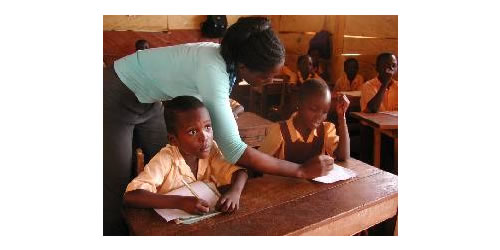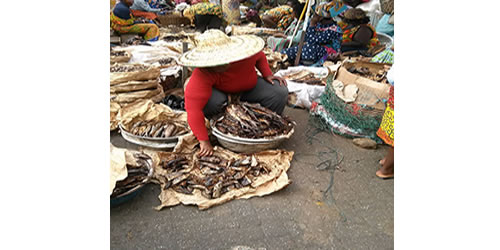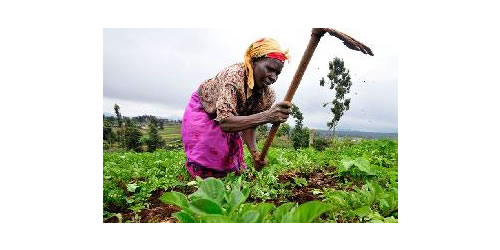About 90% pupils in basic schools can’t read – Report

A study conducted on Early Grade Reading and Mathematics Assessment EGRA/EMGA in Ghana has revealed that about 90 percent of pupils in basic schools cannot read or understand what they read.
The study, which was conducted in 2013, published in May 2014, and sampled 7,923 pupils across the country also revealed that 4,148 pupils, representing 50.7% cannot read at all while 3,344 representing 43.8% could read few words without understanding them.
The report further revealed that only 3.7% pupils could read and understand and only 1.8% could read proficiently and understand.
Elaborating on the report on the Citi Breakfast Show, the Head Inspector of schools in the Northern Region, Alhaji Mohammed Issah Abah, said some of pupils read “12 correct words per minute” but could not understand what they read.
He described the situation as worrying, saying “we should be worried about the situation because if you look at English language, it has become the medium of instruction in our school. Exams are written in English, questions are set in English and the students respond in English and so if they cannot read, how are they going to respond appropriately to be able to pass.”
Alhaji Abah attributed the problem to lack of teaching and learning materials to enhance students’ understanding in the various subjects.
“We cannot put the blame on one side. We are a number of stakeholders in education; government, teachers, parents and the learner himself or herself…we still have a role to play. I know government is doing its best by providing infrastructure; they are doing their best by also providing desks but as an inspector of schools, when I go round, the issue of inadequacy comes up. They [learning and teaching materials] are there but they are not adequate…”
He pointed out that teachers in the region have also partly contributed to the problem since they fail to adequately prepare before lessons begin.
“You go to some of the areas and teachers do not prepare lesson notes. Their presence in the school is even questionable even though in recent times, there has been an improvement.”
Alhaji Abah called on teachers and various stakeholders to devise measures to reverse the trend.
The report comes months after the global school rankings which placed Ghana at the bottom was released.
The ranking put Asian countries in the top five spots and other African countries at the bottom.
Source: citifmonline




